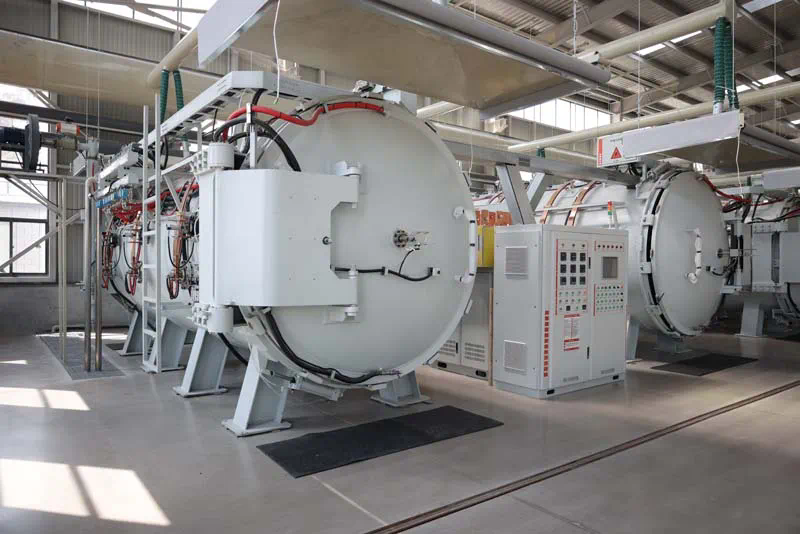Military training approaches refer to the methodologies, techniques, and principles used by armed forces to train soldiers for combat readiness, leadership development, teamwork, discipline, and effective execution of tasks. These approaches maximize individual and collective performance in high-stress and demanding environments. While they are primarily used in military settings, many of these approaches have been adapted and adopted in various fields, including business and organizational management. Friedrich Paetow discusses some key elements of military training approaches and how they cultivate employee performance.
Discipline And Accountability
Military training strongly emphasizes discipline, punctuality, and personal responsibility. Soldiers are taught to follow orders promptly and take ownership of their actions. This approach can instill a sense of responsibility and accountability in employees, improving performance and reliability.
Structured Learning
Military training follows a structured progression, moving from fundamental skills to more intricate tasks. This method can be integrated into employee training to ensure a strong foundational understanding before tackling advanced skills. This approach enhances learning and skill development within the workforce.
Teamwork And Camaraderie
Military units rely heavily on teamwork and camaraderie to achieve their objectives. Team-building exercises and cooperative tasks help foster a strong sense of unity and collaboration. Similar team-building activities can strengthen relationships among employees and enhance overall team performance.
Clear Communication
In the military, communication is paramount for relaying orders, sharing vital information, and coordinating actions. Implementing clear communication strategies within an organization is essential to minimize misunderstandings, enhance collaboration, and streamline operations effectively. Transparent communication fosters a more productive and cohesive work environment.
Leadership Development
Military training strongly emphasizes developing capable leaders across different command levels. Traits like decisiveness, adaptability, and the skill to inspire others are central to effective leadership and can be nurtured through corporate leadership training programs inspired by military methodologies. By applying these qualities, organizations can enhance their leadership bench and overall operational efficiency.
Stress Management And Resilience
The military trains its personnel to tackle high-stress scenarios and maintain resilience in challenging circumstances. Equipping employees with stress management techniques and strategies for resilience can significantly enhance their capacity to navigate workplace pressures and overcome challenges with composure. By fostering these skills, organizations can create a workforce better equipped to thrive in demanding environments.
Performance Under Pressure
Military training employs simulations of high-pressure scenarios to prepare soldiers for real-world demands. Similarly, introducing controlled pressure situations during employee training can cultivate their capacity to excel under tight deadlines and handle unexpected challenges. By offering this experience, organizations empower employees to perform exceptionally even in demanding circumstances.
Continuous Improvement
Military training underscores the importance of continuous improvement and deriving lessons from experiences. Organizations can foster a culture of ongoing learning and advancement, resulting in heightened employee competencies and elevated overall performance. Embracing this approach nurtures innovation and adaptability within the workforce.
Physical Fitness And Well-Being
Physical fitness stands as a fundamental pillar of military training. By promoting employee well-being and offering chances for physical activity, organizations can bolster energy levels, enhance focus, and elevate overall productivity among their workforce. This approach supports physical and mental vitality, improving work performance.
Goal-Oriented Approach
Military operations thrive on goal-driven strategies, with explicit objectives for each mission. Translating this goal-oriented approach into the corporate sphere enables employees to align their endeavors toward accomplishing precise targets and desired outcomes. By instilling this approach, organizations can enhance focus, efficiency, and achievement within their teams.
Adapting Military Training Principles For Civilian Workplace Success
Military training approaches offer valuable insights into discipline, teamwork, leadership, and performance under pressure. However, directly applying these methods in civilian workplaces can lead to mismatches due to differing organizational structures, motivations, and priorities. Instead, organizations can adapt core principles to create effective strategies that align with their specific context.
By extracting relevant lessons from military training, businesses can foster disciplined cultures, improve communication, enhance teamwork, and develop adaptable leadership qualities. Adapting these principles ensures employees benefit from stress management techniques, clear goal setting, and continuous improvement strategies.
Final Thoughts
Friedrich Paetow says the key is to understand the underlying principles of military training and tailor them thoughtfully to fit the organizational context, industry, and employee expectations. This way, organizations can harness the benefits of military training approaches while ensuring they align with civilian workplace dynamics.
Cultivating Employee Performance With Military Training Approaches






